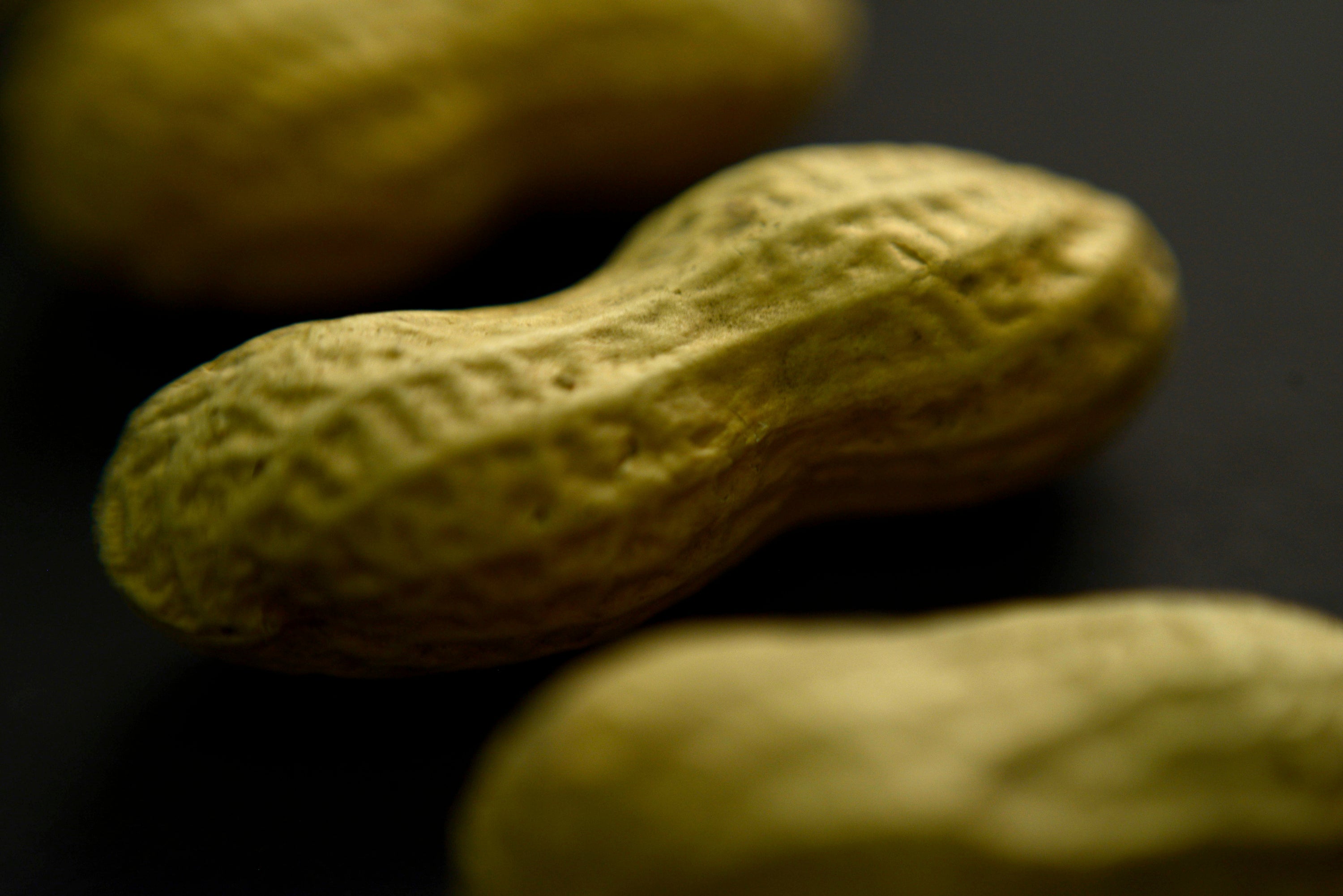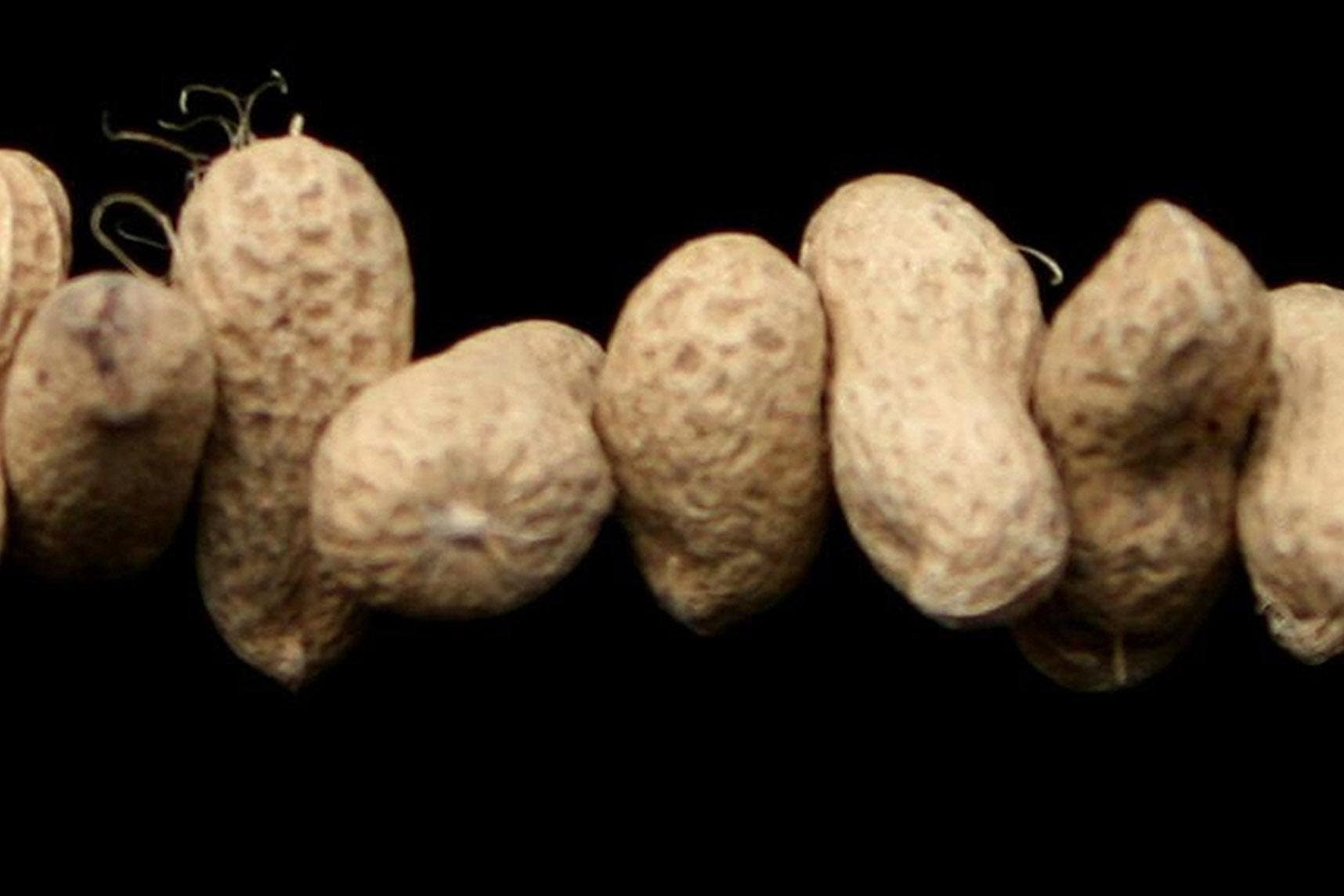Why scientists want you to feed your baby peanuts
Researchers believe a study shows that the protective effect of early peanut consumption lasts

Feeding children peanuts until the age of five reduced the rate of allergy by 71%, according to a new study.
In the first trial, half of participants were asked to regularly consume peanut from infancy until the age of five, while the other half were asked to avoid peanuts during that period.
Researchers found that introducing peanuts to infants reduced the risk of peanut allergy at age five by 81%.
Researchers from King’s College London found that introducing peanuts into babies’ diets early achieved long-term prevention of peanut allergy.
Peanut allergy is one of the most common and dangerous food allergies. Parents of allergic tots are constantly on guard against exposures that can turn birthday parties and play dates into emergency room visits.
There is no cure. The only treatment is for children 4 and older who can consume a special peanut powder to protect against a severe reaction.
The new research findings come from the LEAP-Trio study, which built on the results of the Learning Early About Peanut Allergy (Leap) clinical trial.
They then told both groups they could eat as much or as little peanuts as they wanted.
The researchers found that by age 12 or older, 15.4% of the children who avoided peanuts had a peanut allergy, while only 4.4% of those who ate peanuts from an early age did.
These results showed that regularly consuming peanuts from infancy reduced the risk of peanut allergy in adolescence by 71% compared to early peanut avoidance.

The study also found that the level of peanut consumption varied widely in both groups during the latter stage of the study, including periods where participants did not eat peanuts at all.
The researchers believe this shows that the protective effect of early peanut consumption lasts without the need to eat it regularly.
Professor George Du Toit, co-lead investigator from King’s College London (KCL) said: “This is a safe and highly effective intervention which can be implemented as early as four months of age.
“The infant needs to be developmentally ready to start weaning and peanut should be introduced as a soft pureed paste or as peanut puffs.”
Bookmark popover
Removed from bookmarks